Have you ever found yourself mindlessly scrolling through TikTok or any other social media platform, only to stumble upon a hilarious video that you couldn’t resist sharing with someone special to you? It’s a common scenario many of us can relate to in today’s digital age.
Interestingly, some articles suggest that the act of sharing funny memes and videos has become a new way of expressing affection and connection in relationships— a kind of modern love language if you will.
A recent study from Stanford University even suggests that tagging your partner in a funny meme once a day could be a predictor of whether your relationship will still be going strong four years down the line1. It’s a simple gesture, but it seems to hold some weight in determining relationship satisfaction.
But why is something as seemingly trivial as sharing memes so important in relationships?
Importance of Humor in Relationships
Humor and laughter are universal experiences that many of us cherish as essential parts of our daily lives. They transcend boundaries and are present in nearly every type of relationship we form. Whether it’s sharing a joke with a friend or laughing together with a partner, humor is a diverse spectrum of expression that brings joy and connection2.
In Rod Martin’s book “The Psychology of Humor”, he emphasizes that having a good sense of humor is not just desirable but highly valued. In fact, it ranks among the most sought-after qualities in a romantic partner. The widespread appreciation for humor in relationships stems from several reasons, including:
1. Humor is associated with positive qualities
Having a sense of humor is often seen as a trait associated with positive qualities in individuals. Those who possess this trait are frequently regarded as immediate sources of happiness, enjoyment, and amusement within relationships. Furthermore, individuals with a good sense of humor are also expected to exhibit other desirable characteristics, such as agreeableness and sociability.
2. Humor helps people vibe together
We tend to view ourselves positively, and a sense of humor is a key component of a positive personality. Consequently, when we encounter someone with a good sense of humor, we perceive them as more similar to ourselves or our personalities. This perceived similarity fosters social connections, making it easier for both parties to share smiles and laughter at various types of situations. In simpler terms, it’s all about vibing together.
3. Humor indicates intelligence
The ability to be funny and create humorous content is believed to require complex cognitive functions, signaling good mental fitness. In fact in a 2021 study children with higher levels of general knowledge and verbal reasoning are more likely to produce humor showing a relationship between humor and intelligence3.
It’s essential to highlight that the humor discussed here pertains specifically to affiliative and self-enhancing humor styles. This type of humor increases relationship satisfaction. On the other hand, humor that is self-defeating and aggressive does the opposite.
Strengthening Relationships Through Humor
As we now know, humor nurtures and sustains a blooming and flourishing relationship. Here are a few tips that can help strengthen your relationship while keeping your laugh-o meter at par.
1. Tap into your inner child
As we grow older and get swept up in the everyday hustle, we often forget to have fun and share laughter with our partners. That’s why it’s important to reconnect with your inner child together. Take time to enjoy lighthearted moments, reminisce about funny stories from your daily lives, and simply have a good laugh with each other. Sharing these joyful experiences can strengthen your bond and bring you closer as a couple.
2. Keep the element of surprise
Who doesn’t love the feeling of being pleasantly surprised? The excitement and anticipation are unbeatable. It’s important to carve out time for these moments when you do something unexpected or out of the ordinary. Whether it’s making breakfast together with funny jokes on the side or pulling off a wholesome prank with the family, infusing humor into surprises can strengthen your bond and create cherished memories that you’ll treasure for years to come.
3. Inject humor for conflict resolution
Relationships aren’t always smooth sailing. There are times when conflicts arise. It’s helpful to use humor during moments of tension to lighten the mood and ease the situation. However, it’s important to be sensitive to your partner’s feelings.
4. Share a laugh
Look for moments that allow you to share joy together. It could be watching a favorite comedy movie, playing with your kids, creating space for playful teasing without crossing boundaries or causing harm, or sharing funny observations about your surroundings or inside jokes that only the two of you understand.
5. Express appreciation
Don’t overlook the power of gratitude and appreciation. Remember, humor and laughter are gifts that strengthen your relationship. Show appreciation for your partner’s sense of humor and the laughter you share together, emphasizing the importance of humor in your relationship.
Humor is free, so let’s use it to build and strengthen connections. The next time you’re on your social media account, don’t hesitate to send that funny meme video. You never know, you might already be building your own love story.
Ready to take the first step towards enhancing your relationships and communication skills? Start your journey today by downloading the Mind You App or visiting www.mindyou.com.ph/public and book a session with our experienced psychologists.
Join our inclusive community on our forum, where you can share your emotions and insights with others.
Let’s embark together on a path towards deeper connections and genuine laughter.
Laughing together makes everything better, doesn’t it? That’s why we’re super excited to invite you to a special event all about the magic of humor in keeping relationships strong and happy. Join us for our fun and FREE webinar, “Laugh, Love, Live: The Role of Humor in Relationship Building,” happening on February 23, 2024, from 6-7 PM.
Click here to register for free now!
We’ll chat about how sharing a laugh can bring us closer, help us through tough times, and make love last. Mark your calendar, and let’s make our relationships even brighter with a bit of humor.
See you there!














